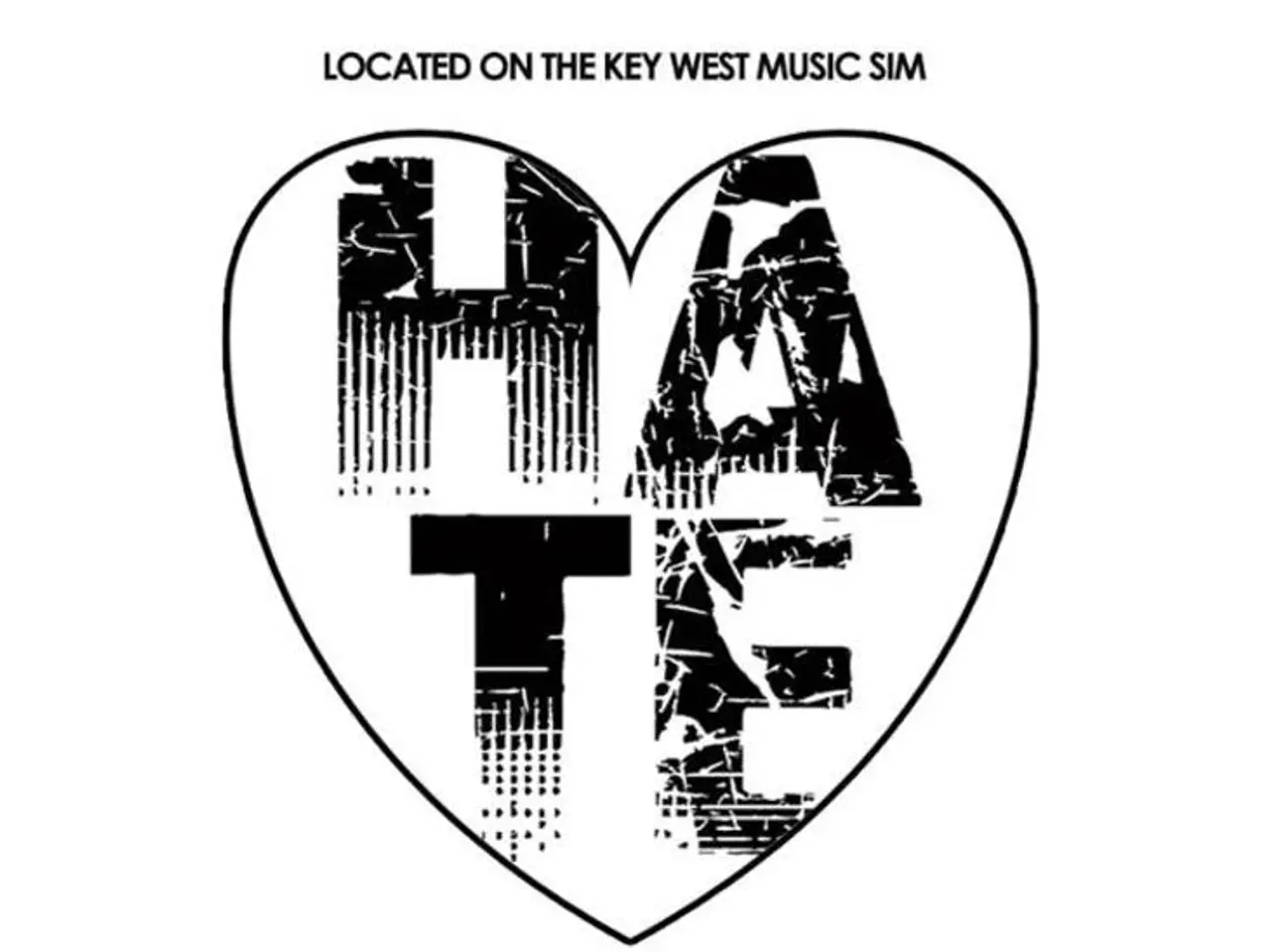The question examines why numerous European nations have tolerated immigration associated with anti-Semitism and often illegal activities.
In a move that has sparked debate, French President Emmanuel Macron has announced France's intention to recognize a Palestinian state during the UN General Assembly in September 2025. This decision, part of France's long-standing commitment to a just and lasting peace in the Middle East, underscores a diplomatic effort to revive political solutions that involve two states living in peace.
The announcement has been met with criticism, with some arguing that recognizing a Palestinian state at this time rewards terrorism and serves propaganda for Hamas, potentially undermining peace talks. However, Macron views the recognition as a diplomatic and moral imperative, aligning with France's historic role and hoping to galvanize international and regional support to create a framework for sustainable peace.
The Muslim Arabs residing in the Gaza Strip have been accused of producing lies and propaganda en masse, a phenomenon known as "Pallywood". However, the absence of famine in Gaza, as confirmed by US political scientist and investigative journalist David Collier, challenges this narrative.
The history of the conflict in the region is complex. Following Israel's independence declaration in 1948, the Arab states attacked Israel, resulting in Jordan's occupation of the West Bank and Egypt's occupation of the Gaza Strip. The two autonomous areas in the West Bank and Gaza are characterized as a kleptocratic terrorist regime.
Despite these controversies, Macron's policy underscores a commitment to peace. He insists that peace requires a ceasefire, hostage releases, humanitarian access, and Hamas’s exclusion from governance, alongside Arab countries normalizing relations with Israel and cooperating on security.
Notably, the Israeli Disengagement Plan was implemented in 2005 in Gaza, all Jewish settlements were voluntarily removed, and broad autonomy was granted to the Muslim Arabs. However, the proposal for the creation of additional purely Arab states in current Israeli territory, despite its unsustainability for nearly 100 years, remains a contentious issue.
The BBC and public broadcasters in Germany have been accused of enthusiastically spreading Palestinian propaganda and deliberately violating basic journalistic standards. Meanwhile, the Spanish airline Vueling removed French teenagers from a plane for singing a song in Hebrew, with its majority shareholder being Qatar.
Other regional players have proposed more pragmatic solutions. The United Arab Emirates' Foreign Minister, Sheikh Abdullah bin Zayed, has proposed a sensible solution to the conflict, focusing on releasing hostages, restoring peace in Gaza, and installing an administration that is not Hamas.
The history of the region is fraught with complexities and controversies. Despite this, Macron's advocacy for a two-state solution is driven by France's historical and strategic commitment to ending repeated conflict cycles and ensuring security in the Middle East. Whether his efforts will lead to sustainable peace remains to be seen.
[1] Collier, D. (2019). The Left's New Anti-Semitism. Encounter Books. [2] Levin, B. (2012). The New McCarthyism: The Left's Successful Strategy to Silence Conservatives. Threshold Editions. [3] Macron, E. (2021). Speech at the Sorbonne, Paris. [4] Macron, E. (2025). Speech at the UN General Assembly, New York.
Read also:
- Weekly happenings in the German Federal Parliament (Bundestag)
- Southwest region's most popular posts, accompanied by an inquiry:
- Discussion between Putin and Trump in Alaska could potentially overshadow Ukraine's concerns
- Independence supporters in New Caledonia refuse agreement offering authority without a vote on sovereignty







